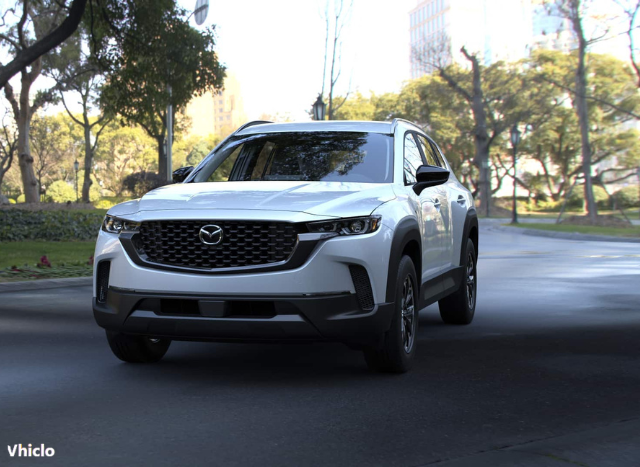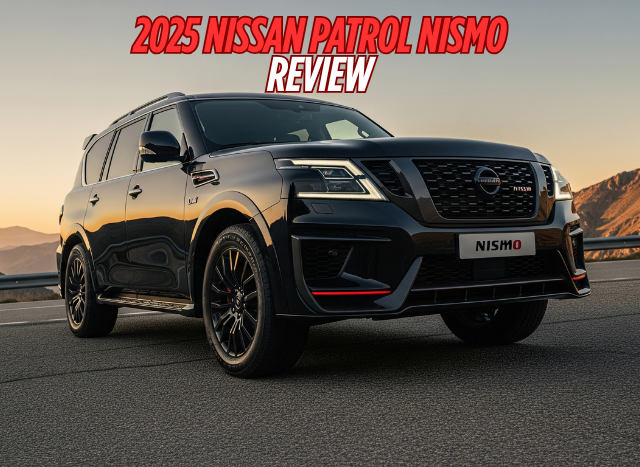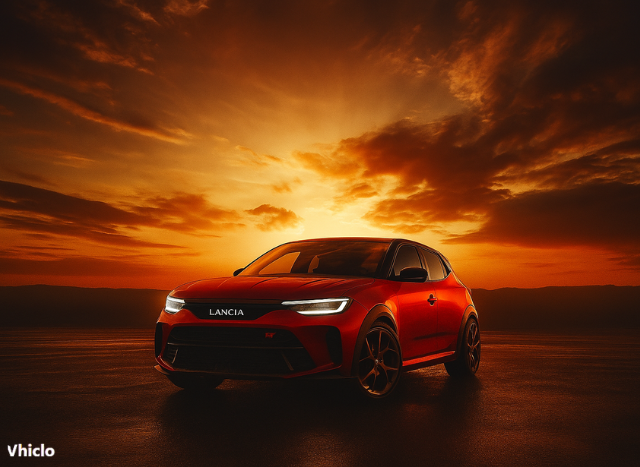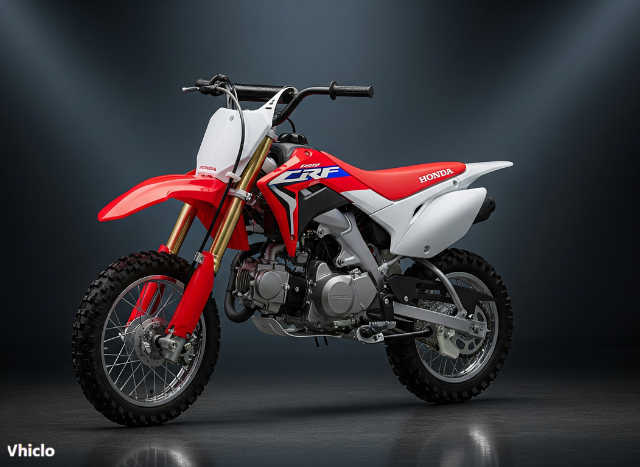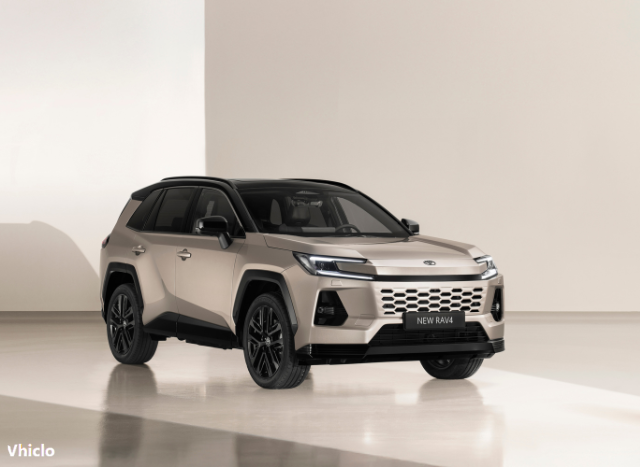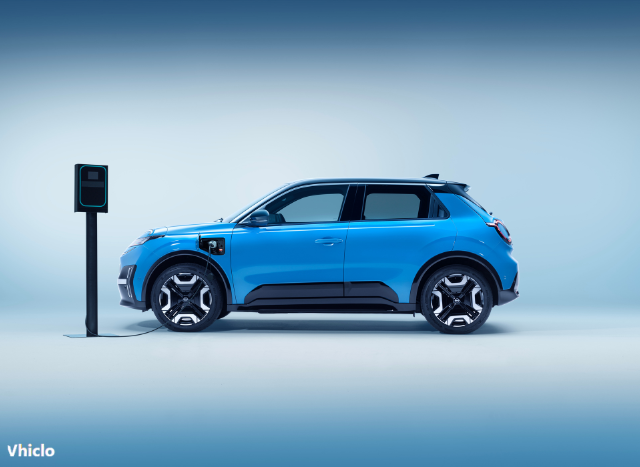Mazda to integrate Tesla’s North American Charging Standard in Japan, reshaping its EV strategy.
Mazda is taking a surprising leap forward in the global EV charging race. The Japanese automaker has announced plans to adopt the North American Charging Standard (NACS)—commonly known as the Tesla plug—in its home market of Japan, starting in 2027. This move positions Mazda as the first non-Tesla brand to officially integrate NACS in Japan, marking a significant step in the country’s EV infrastructure evolution.
Contents
Mazda’s EV Strategy Shifts Gears
Despite lagging behind in the North American electric vehicle space, Mazda’s latest announcement signals a strategic pivot. The company has signed an agreement with Tesla to equip its future EVs in Japan with NACS ports. The rollout will begin with an all-new electric SUV expected in 2027, giving Mazda drivers access to Tesla’s Supercharger network in Japan.
“We aim to provide customers with greater convenience by supporting a broader range of charging options,” Mazda said in its official statement.
This partnership not only allows Mazda EV owners to tap into Tesla’s reliable fast-charging infrastructure but also sets the stage for wider adoption of NACS in Asia.
What Is NACS (North American Charging Standard)?
NACS—also known as SAE J3400—was originally developed by Tesla and has become the dominant charging interface across the U.S. and Canada. It is rapidly replacing older charging connectors like CCS1 and J1772, with most automakers pledging support for the Tesla-designed plug by 2025 and beyond.
| Standard | Description |
|---|---|
| NACS | Tesla-designed, now SAE J3400 |
| CCS1 | Used by many legacy OEMs |
| J1772 | Older Level 2 AC standard |
Tesla’s Supercharger network—powered entirely by NACS—remains the most extensive and reliable fast-charging infrastructure in North America. By adopting this standard in Japan, Mazda joins a growing list of global automakers aligning with Tesla’s ecosystem.

Mazda in the U.S.: Still Catching Up
While this announcement is a big deal in Japan, Mazda remains behind in the U.S. EV market. The brand’s only fully electric model sold in the States—the Mazda MX-30—was discontinued in 2023 due to poor range and limited appeal.
As of now, neither the CX-70 PHEV nor the CX-90 PHEV supports NACS. However, Mazda previously confirmed that all future EVs sold in the U.S. from 2025 onward will be equipped with NACS ports. What remains unclear is when a new U.S.-bound Mazda EV will actually launch.
Japan’s EV Landscape: Mazda Breaks New Ground
With this move, Mazda becomes only the second automaker after Tesla to confirm NACS support in Japan. The only other brand with similar plans is Sony Honda Mobility, whose Afeela EV is still in development and not yet on sale.
Currently, Mazda offers the MX-30 EV in Japan and sells the EZ-6 electric sedan in China. But the 2027 debut of its new electric SUV featuring NACS could make Mazda the first legacy brand to bring Tesla’s plug to the Japanese market.
Automotive industry expert and editor of Vhiclo, specializing in car news, EV technology, and in-depth vehicle analysis. With years of experience in the field, Koutaibah provides trusted insights for enthusiasts and professionals alike.
